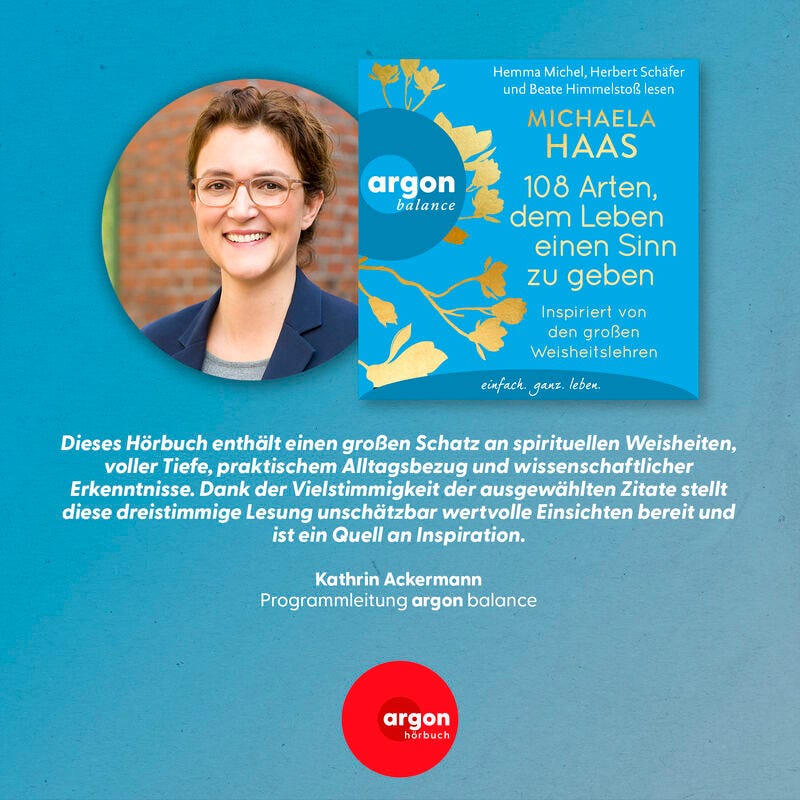Dear Solution-aries,
When was your last cancer screening?
This month, I’m sharing with you my research into the very real possibility to eliminating one cancer globally: Cervical cancer. The keys are HPV-vaccinations and early screenings.
Few diseases reflect global inequities as much as cancer of the cervix. According to the WHO, 350,000 women die from cervical cancer globally each year – one every minute and a half. Nearly 94 percent of the deaths occur in low- and middle-income countries.
“In the US, the risk of dying of cervical cancer is approximately 2 to 4 percent,” Melissa Miskell, an Ob-Gyn and the executive director of the NGO PINCC (Eliminating Cervical Cancer Globally) explained to me. “The risk of dying of cervical cancer in a low-income country is upwards of 50 percent.” What troubles Miskell and her team most is that the illness is completely preventable.
Therefore nonprofits like PINCC, Rotary International and the Clinton Health Access Initiative (CHAI) are scaling up their efforts to bring new technology for screening and treating cervical cancers to low-income areas with the goal to eliminate it completely.
Since 2017, Melissa Miskell has expanded PINCC’s global reach and established programs in Uganda, Kenya, Bolivia, Tanzania, Guatemala, Cameroon, Cambodia, India and Nepal.
“Early detection is the key to controlling cancer of all types, but cervical cancer is the one cancer we can eliminate globally,” explains Richard Godfrey, a retired surgical oncologist and Rotarian in Fremont, California, who is on the board of PINCC and has been delivering equipment to Kenya for Rotary since 2012. “Why? Like polio, it’s caused by a virus, the human papillomavirus (HPV).”
While an active immune system can clear the virus, a weak immune system fails to prevent HPV from causing cancer.
The World Health Organization (WHO) has set a goal to help all low-income countries achieve its triple-intervention targets by 2030: fully vaccinate 90 percent of girls with the HPV vaccine by the age of 15, screen 70 percent of women twice by the age of 45 and treat 90 percent of women with cervical cancer.
In the U.S., too, about 13,820 new cases of invasive cervical cancer will be diagnosed this year, and more than 4,300 women will die from it. Regular screenings are the best way to prevent these numbers from rising. The HPV virus also impacts men as it can cause mouth, throat, and penile cancers.
Read the whole story here!
So, when was your last cancer screening?
The First-Ever Posttraumatic Growth Summit
This month, I’ll be speaking about Bouncing Forward on the first day of the first-ever Posttraumatic Growth Global Summit, a FREE 6-day online transformational journey exploring how we can leverage our toughest challenges to create extraordinary life possibilities.
The Global Summit begins Tuesday, June 11th, with 40+ world-class experts who will guide us along this profound path of healing, integration, and genuine transformation, including Peter Levine, Rhonda Magee, Rick Hanson, and many more…
Check out the schedule and join here!
And lastly, I just returned from Germany where my fifth non-fiction book launched earlier this month: 108 Arten, dem Leben einen Sinn zu geben
Inzwischen auch als Hörbuch erschienen.
Die ersten Rezensionen sind da:
Die unprätentiöse Sprache und die Offenheit der Autorin sind erfrischend…Ganz besonders gefällt mir an diesem Buch, dass es mich immer mal wieder zum Lachen bringt. Als Jon Kabat-Zinn, den sie etwas gar ausführlich zitiert, auf Zen aufbauend seine eigene Stressreduktion entwickelt, darauf hingewiesen wurde, dass Meditation doch eine östliche Technik sei, scherzte er: "Wenn Meditation buddhistisch sei, müsse die Schwerkraft britisch sein, schliesslich habe Isaac Newton sie entdeckt." Und als ihr eine ("die vermutlich berühmteste Psychotherapeutin in London seit Sigmund Freud") mittlerweile fast Achtzigjährige ihr Erfolgsrezept für eine normale, gesunde Figur verrät ("Iss, wenn du Hunger hast. Iss, was dir guttut. Hör auf, wenn du satt bist.") kommentiert Michaela Haas: "So einfach ist das. Wenn es nur so einfach wäre." …Aha-Momente sind garantiert.
Hans Durrer, Bilder und Bücher
Wer noch mehr lesen will: Meine zweite Kolumne in der Süddeutschen ist erschienen, zum Thema Rausch in den USA: So heilig, so high
Cheerfully,
Michaela





